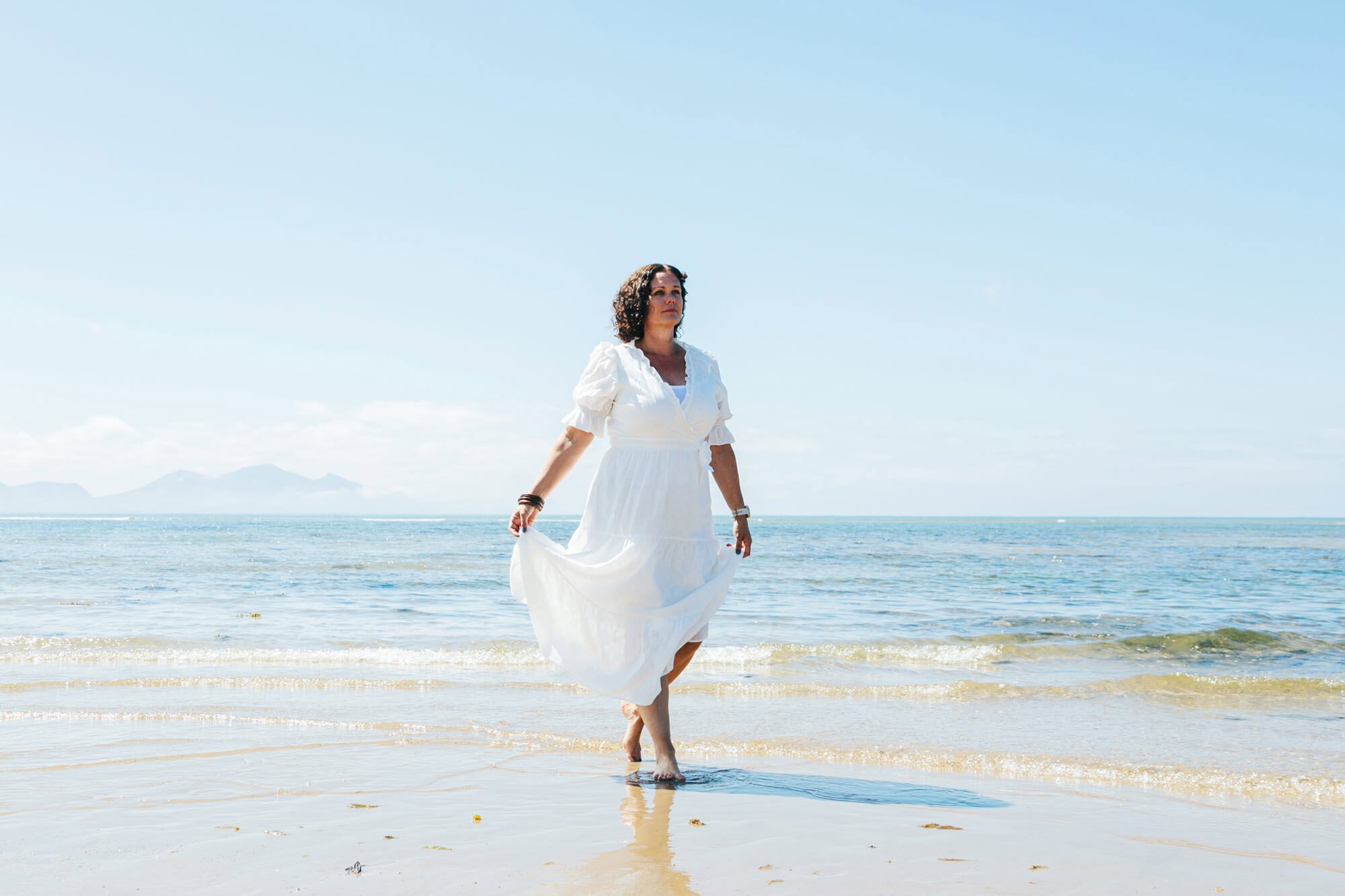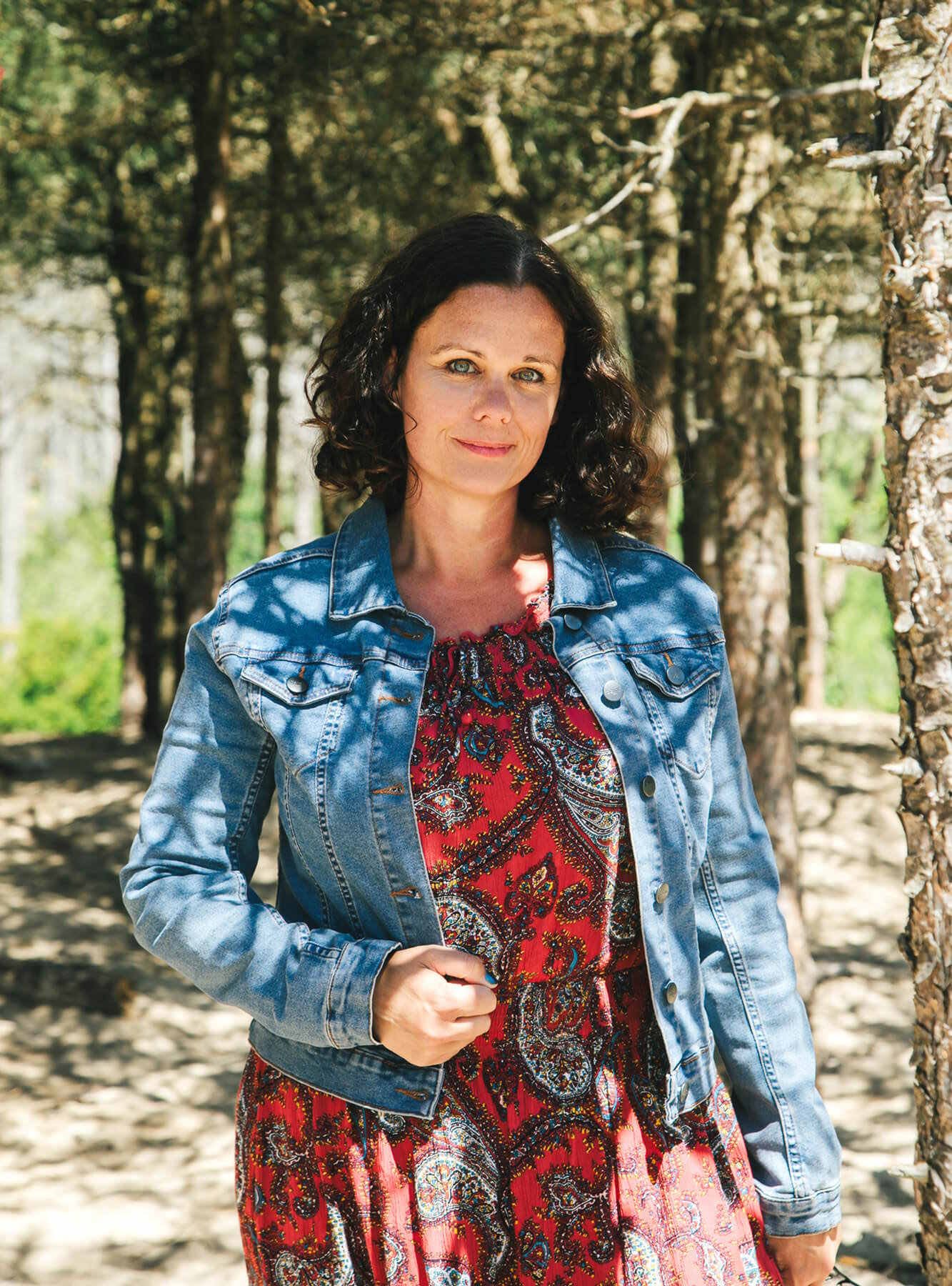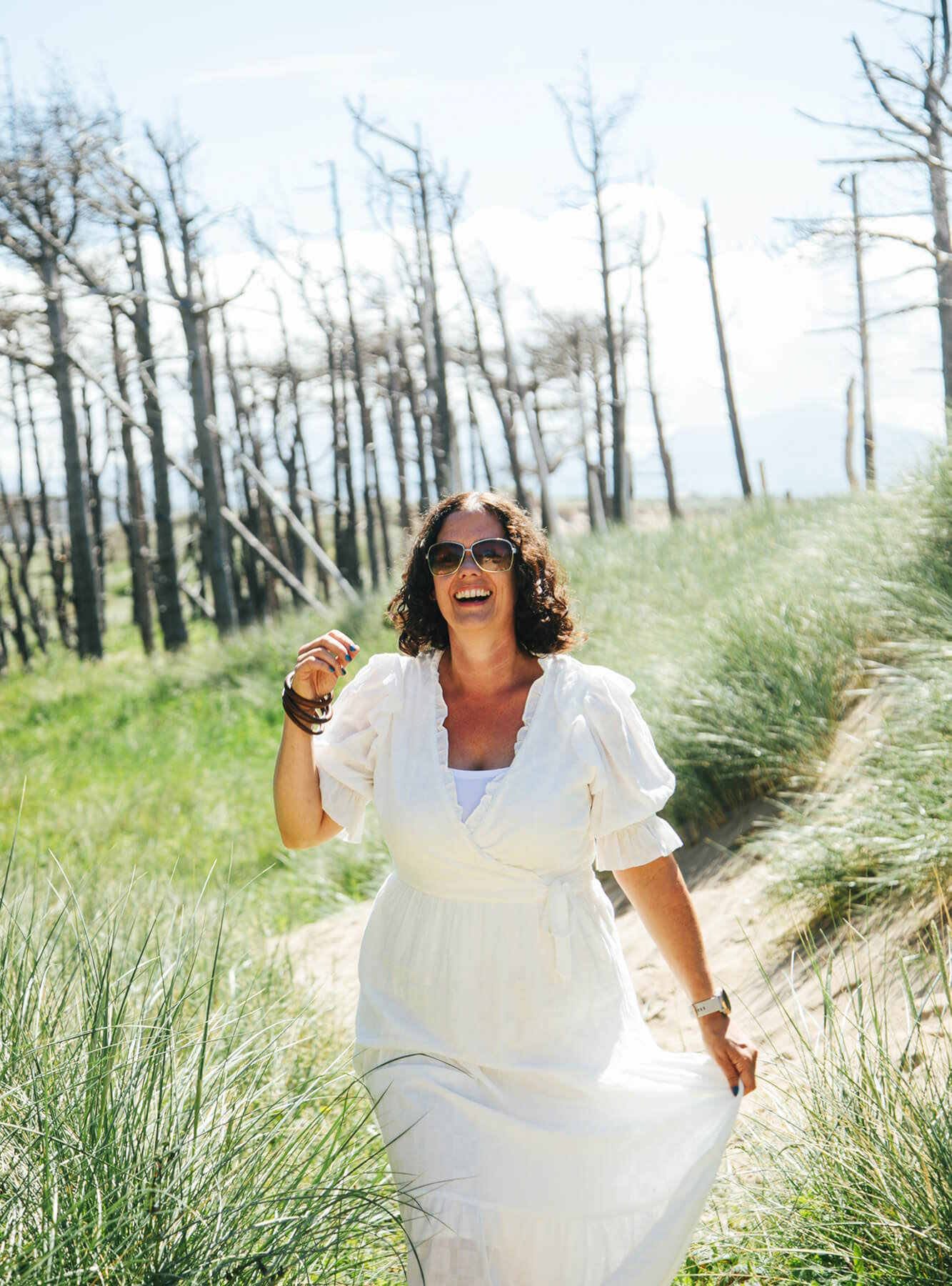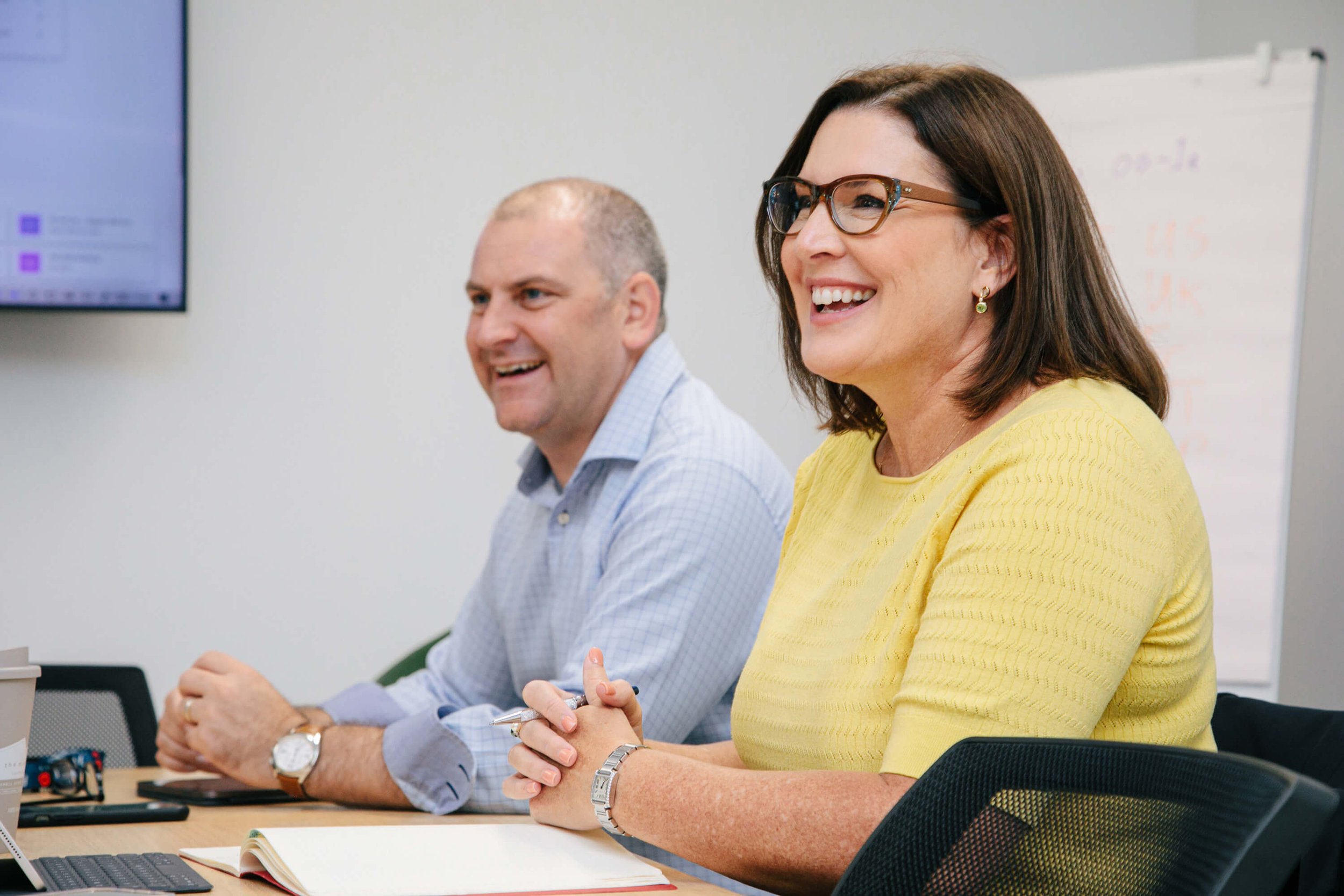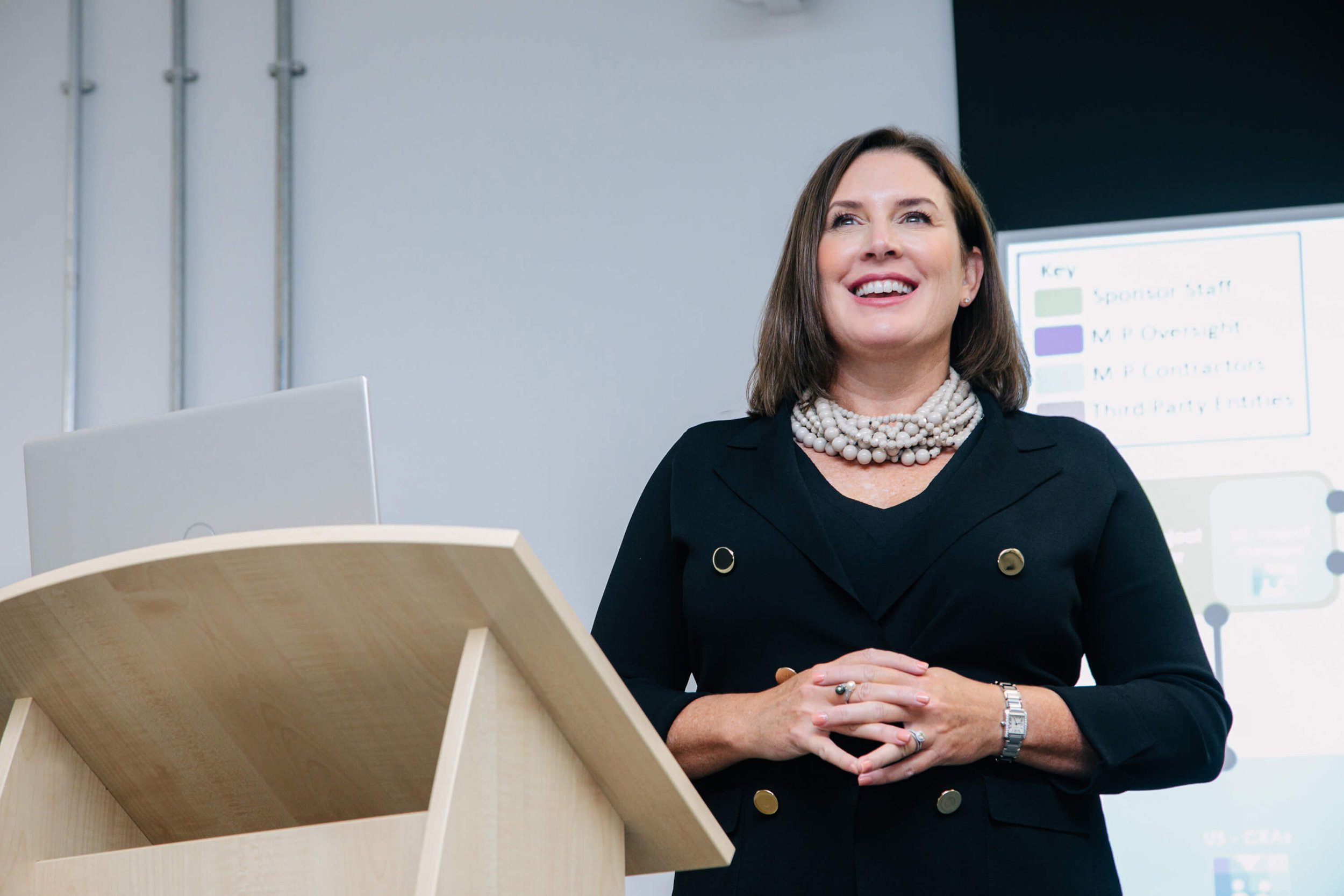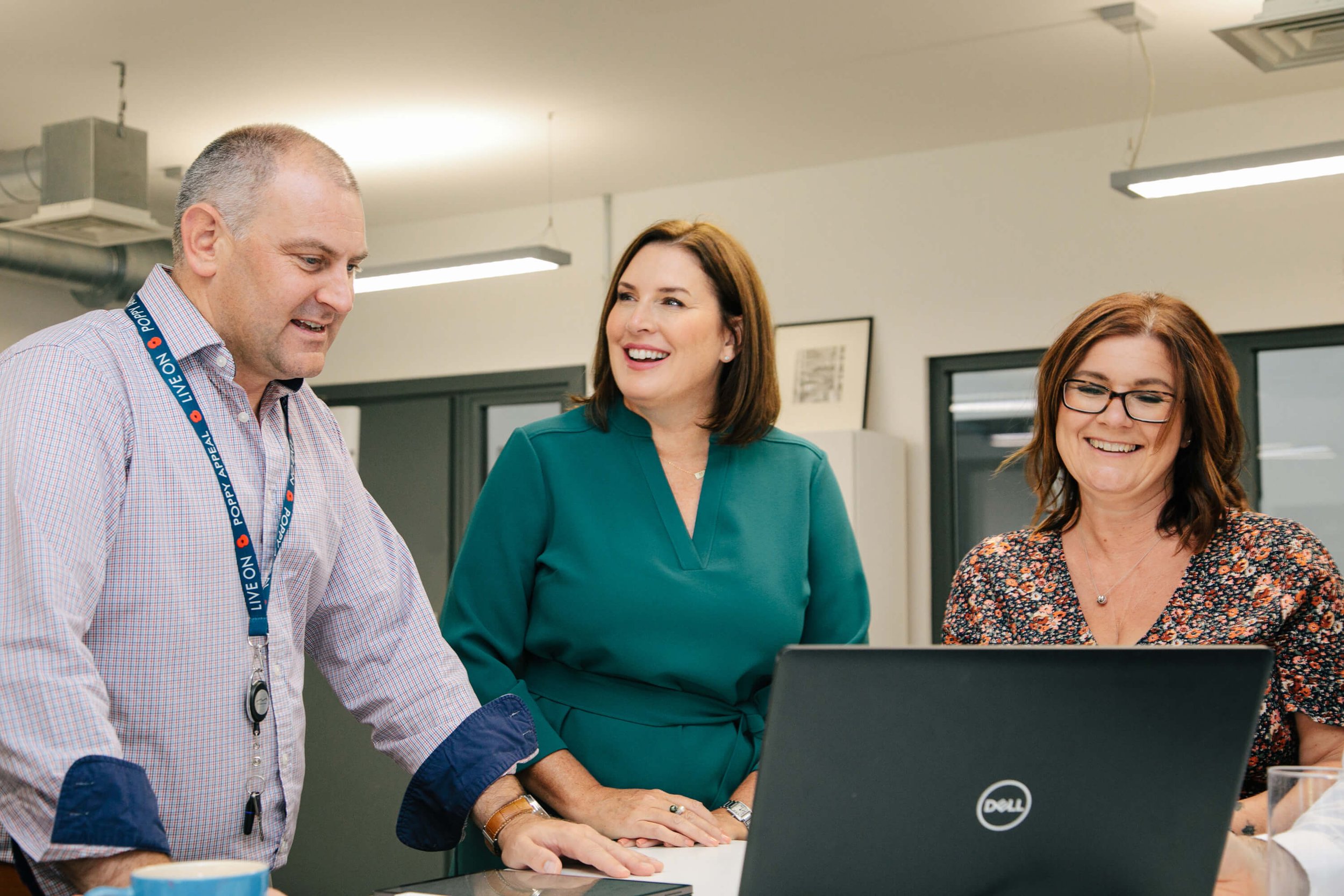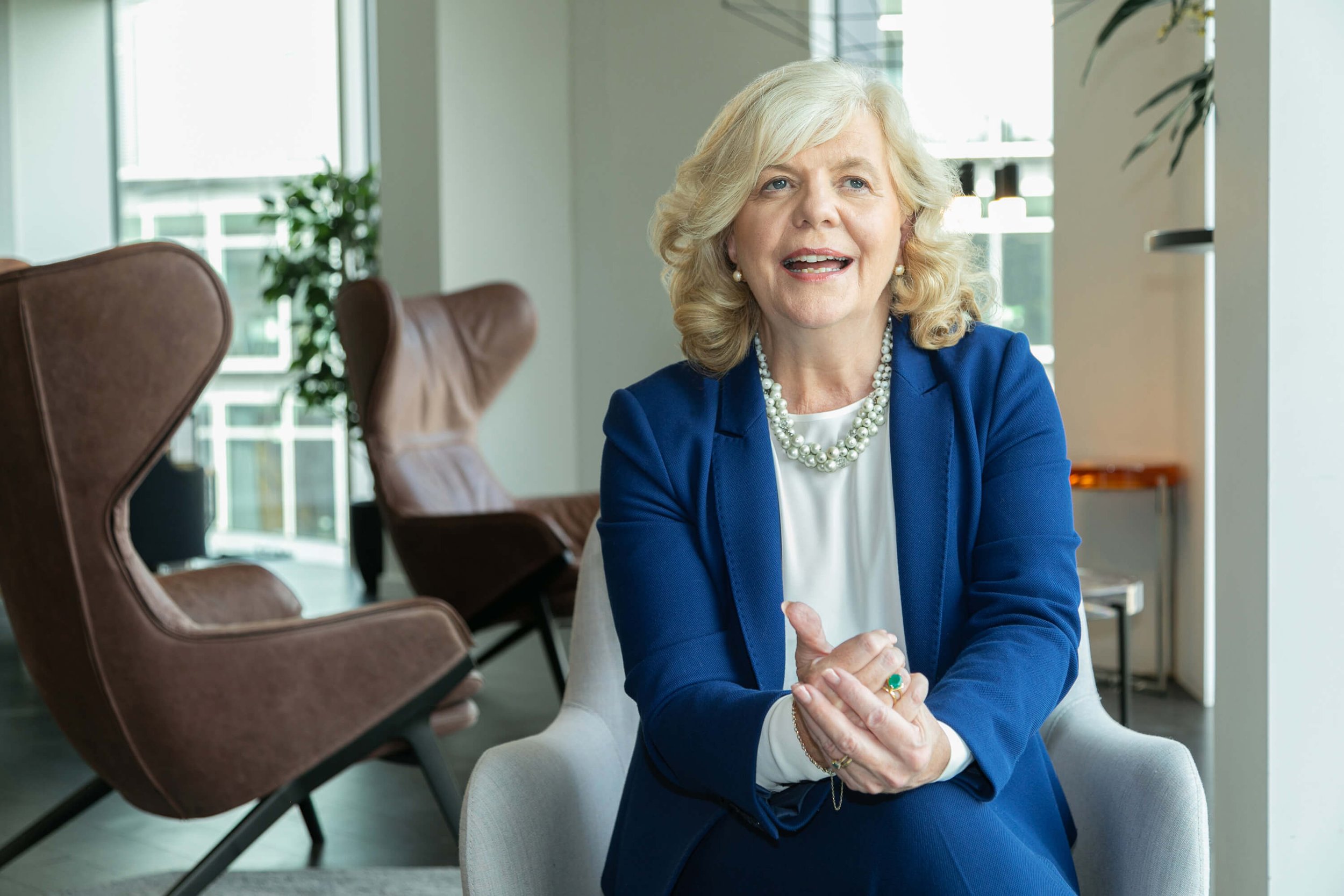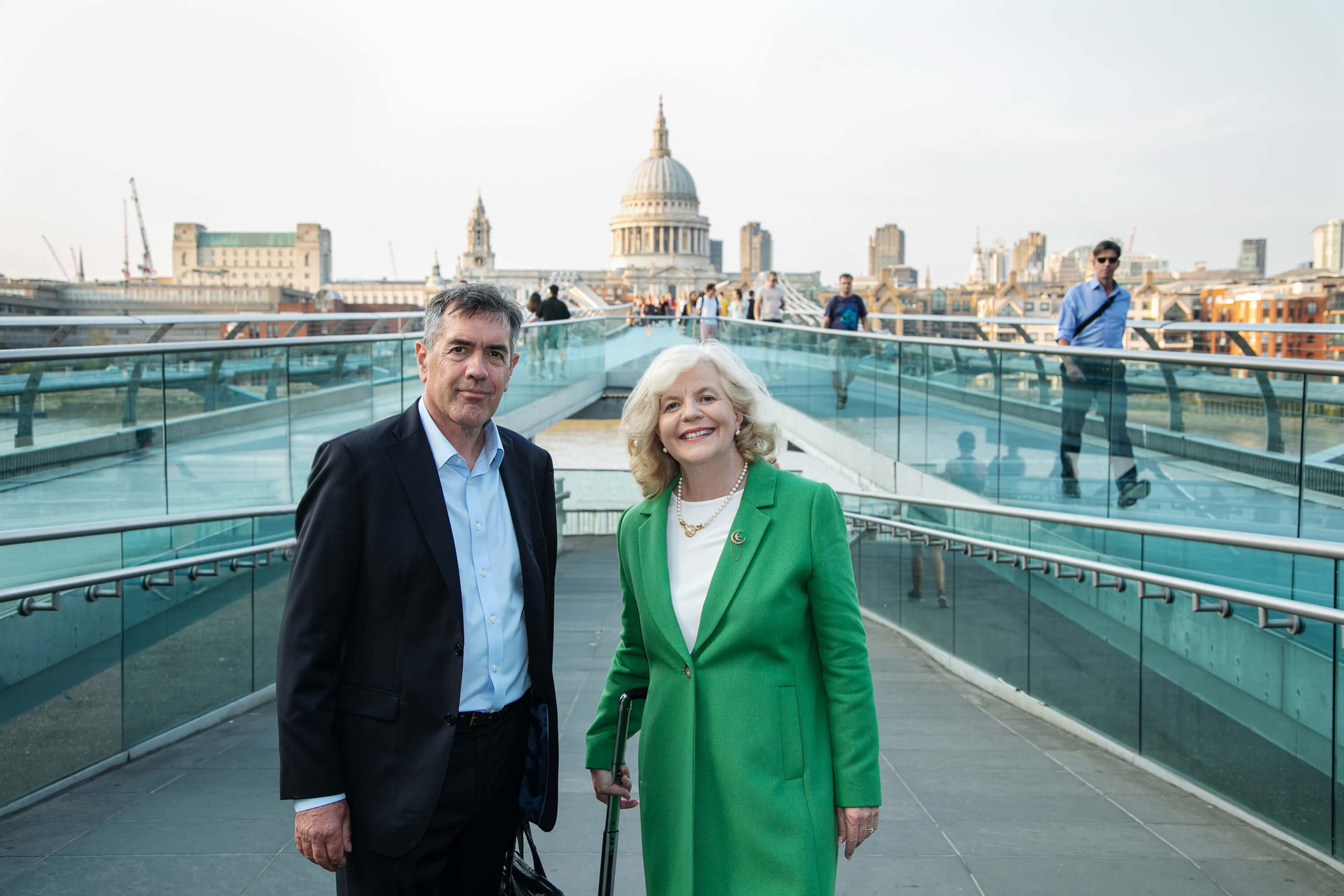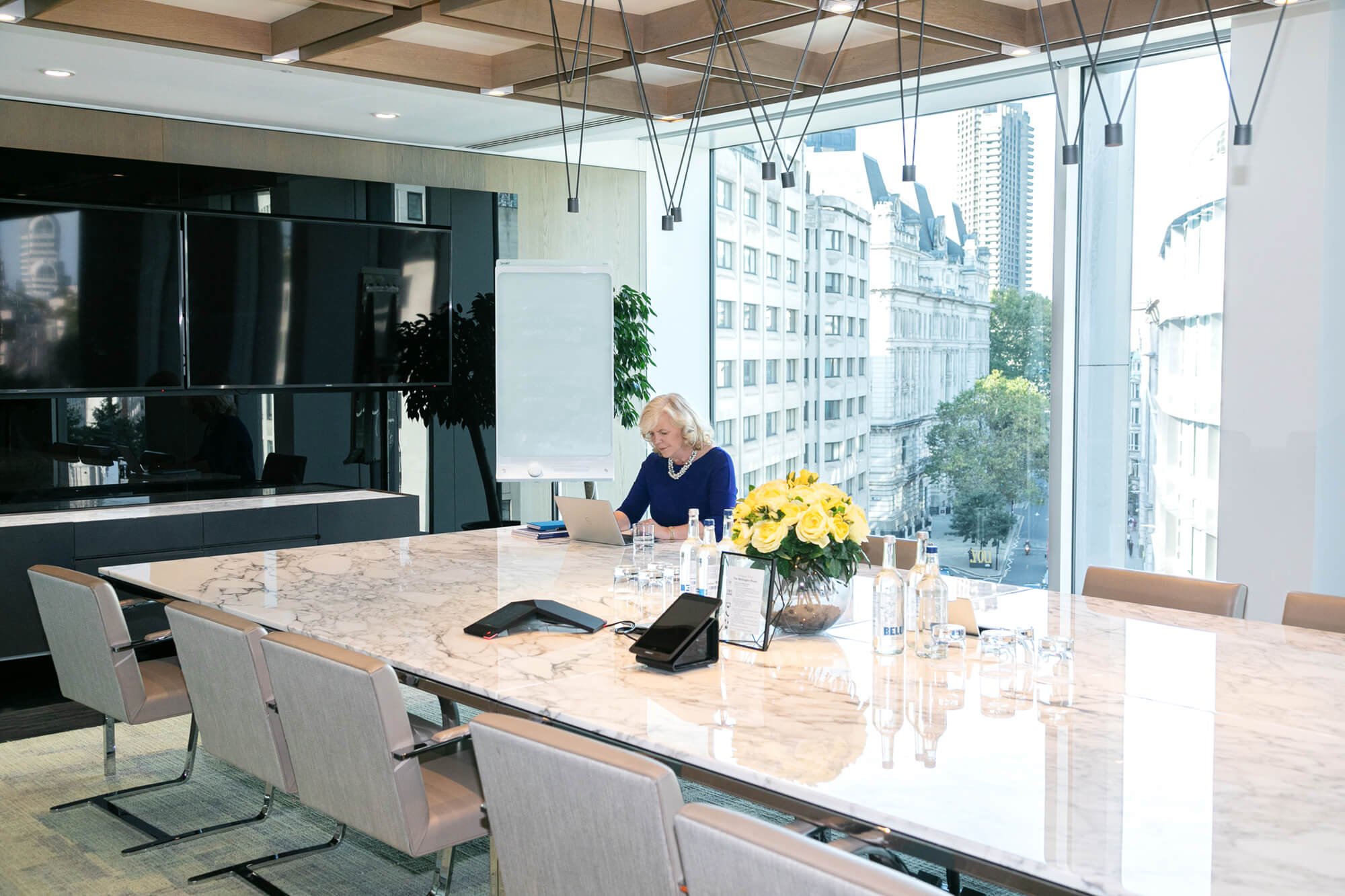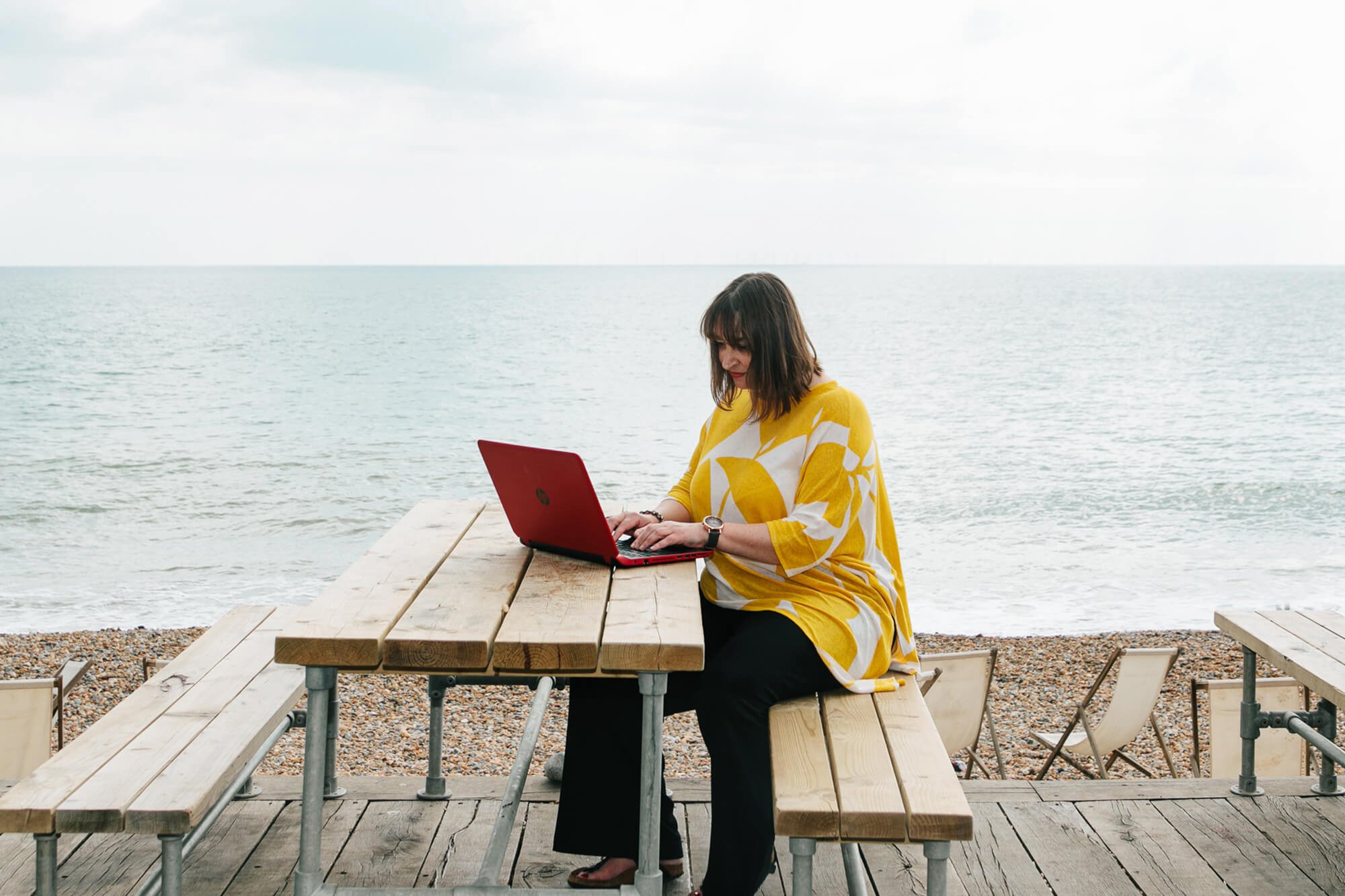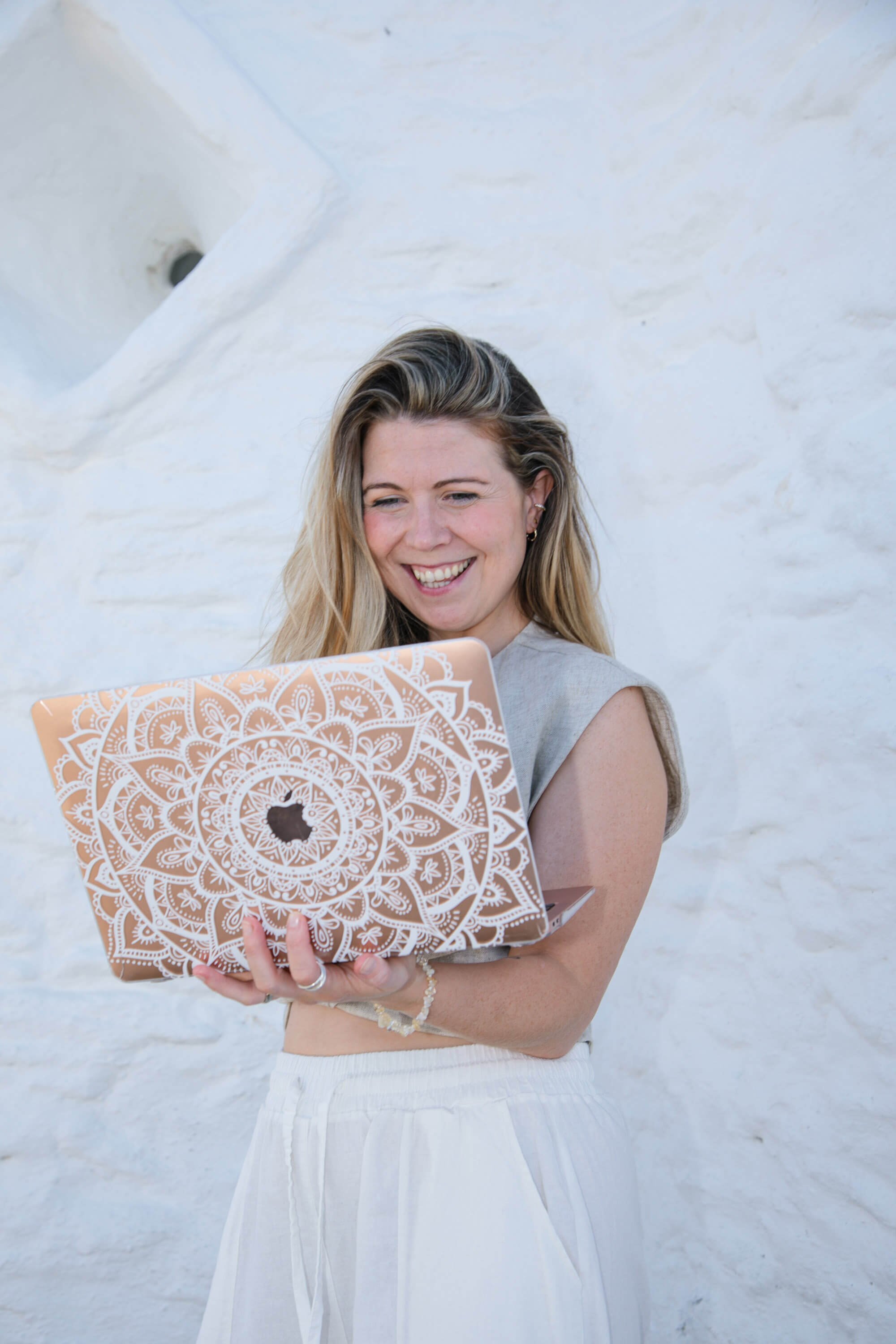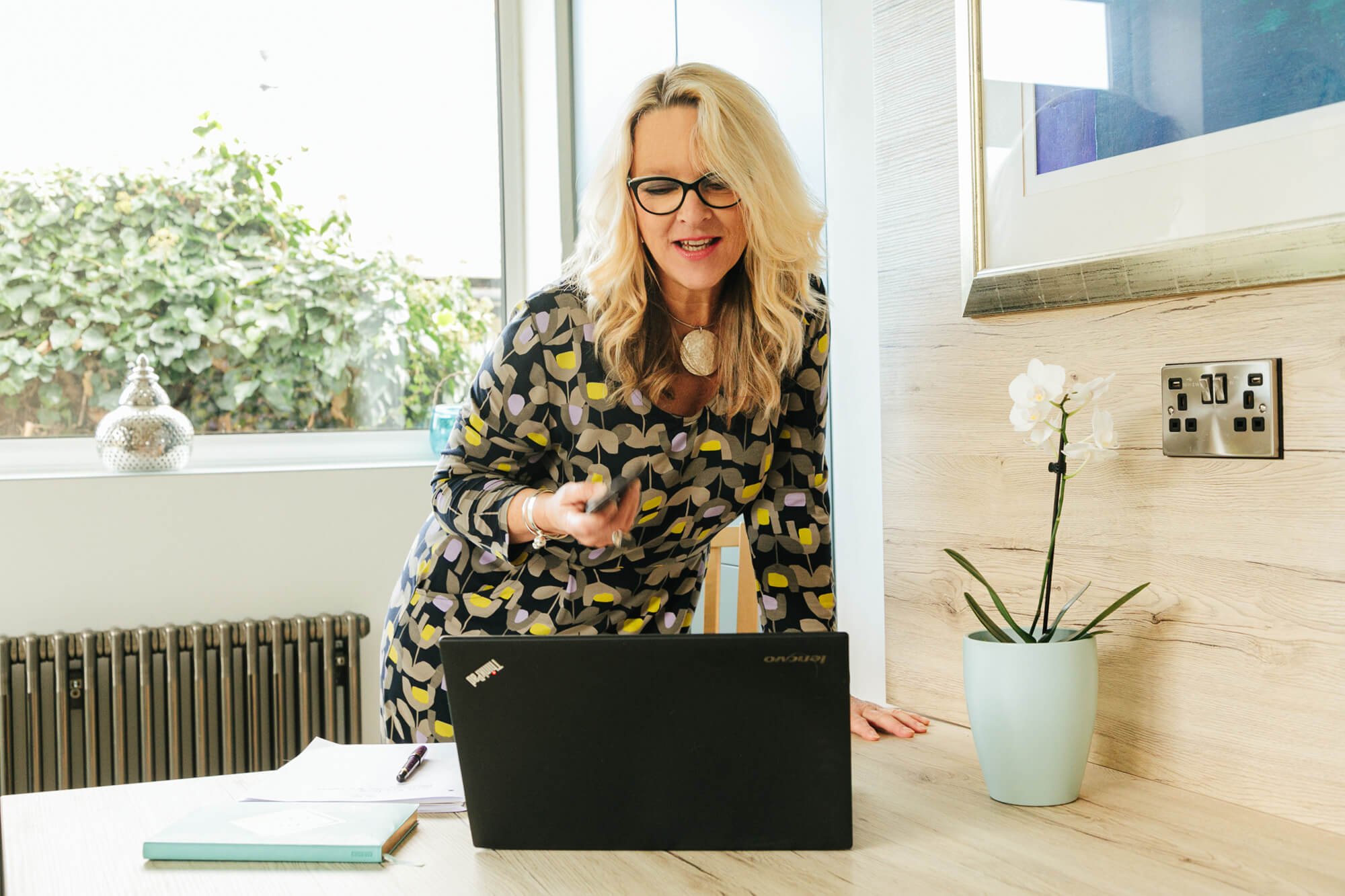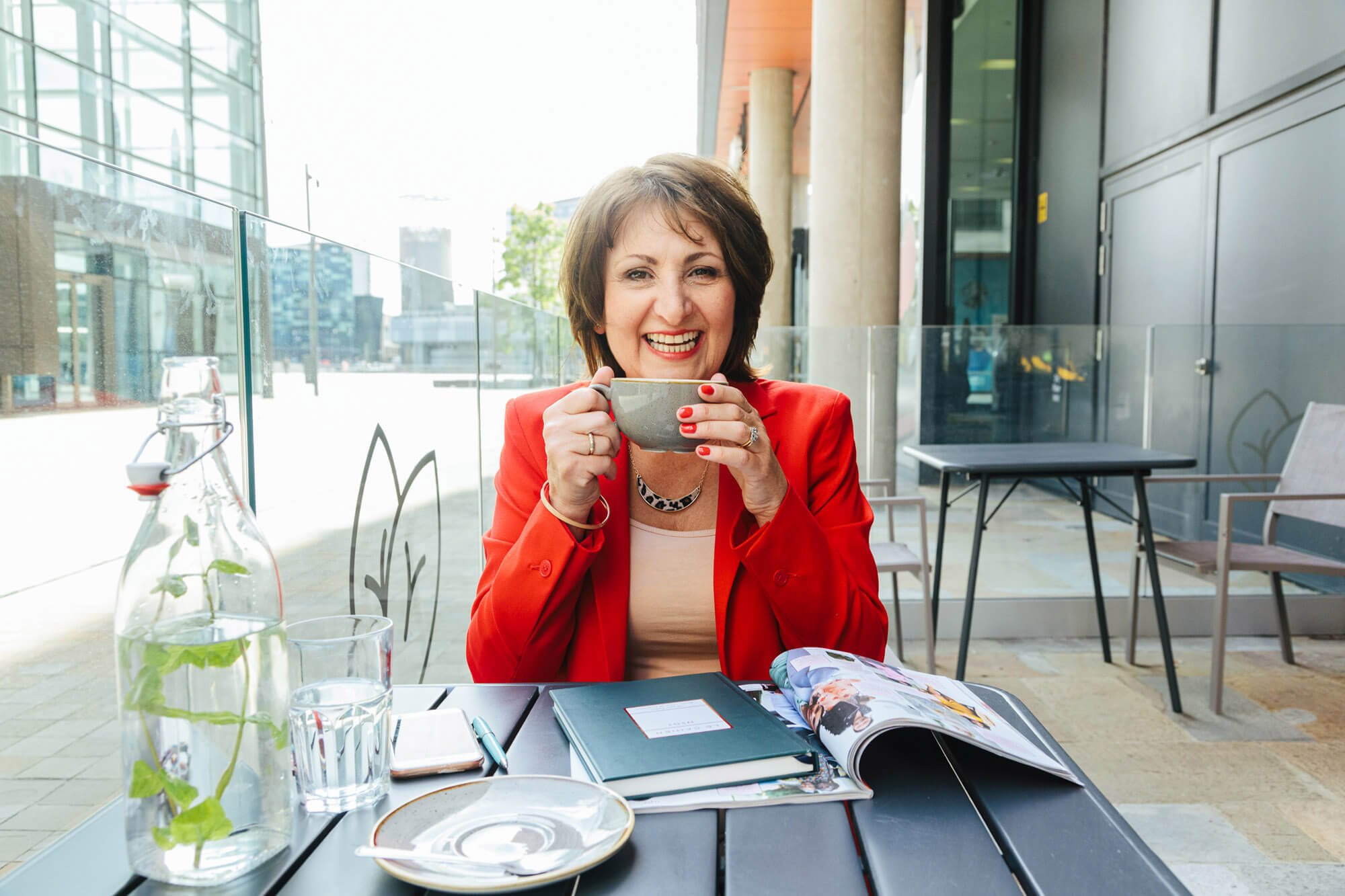Brand Photography Portfolio
This could be you!
“From start to end the process was seamless, fun & beautiful.”
She completely got what I am about, my values and branding clear to her. Beki Eakins - Business coach.
View photoshoot↠
“A truly authentic photo that tells your story”
She has a true desire to know you, to understand what you're about. Go for it with Suzanne, you will be glad you did! Melissa Melton - CEO at Momentum Pharma
View photoshoot↠
London Branding Photography Shoot
In this London branding photography shoot we made premier photographic representation for a high-level executive coach, Olwyn Merritt.
View photoshoot↠
“She is brilliant! We have so much fun on our shoots”
She knows how to relax people and get the shot you need. Nickie Elenor - Lawyer & HR Strategist.
View photoshoot↠
“The brand photographs are spot on. I look like my best self.”
Suzanne was brilliant. She guided me through the whole shoot and made me feel completely comfortable. Helen Beckingham - Copywriter Brighton.
View photoshoot↠
My 7 deadly sins of image use and how to avoid them in business
Even the most successful entrepreneurs have stumbled visually online. By following these tips you'll set yourself apart from the rest and learn how to make sure you’re an image saint and not an image sinner!

